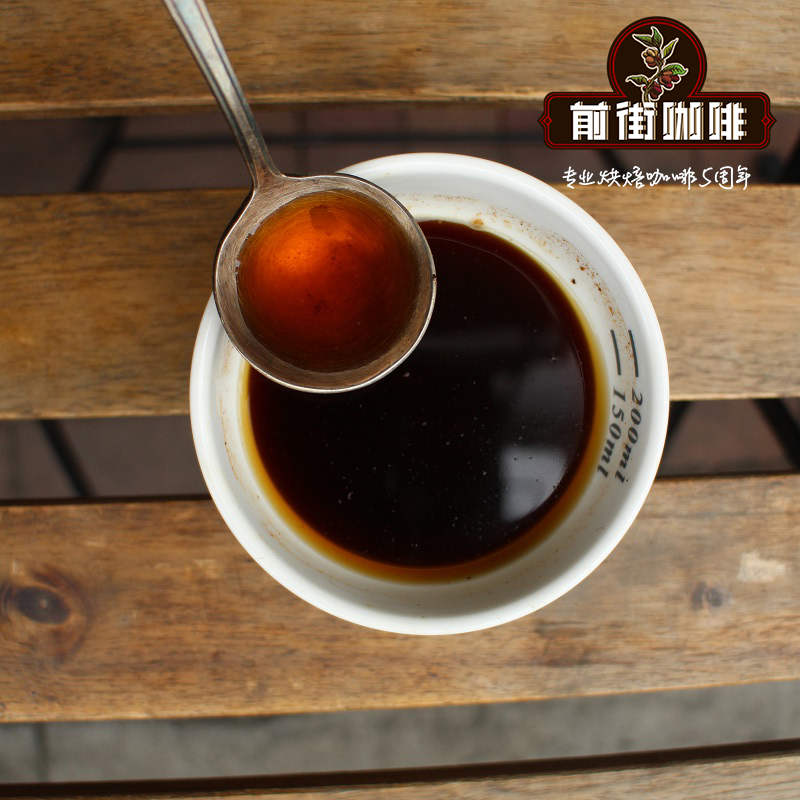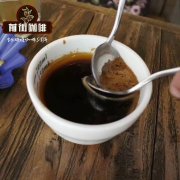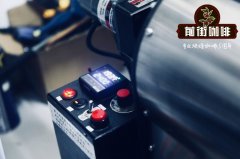What is espresso? What do countries think of espresso? How's the espresso?

What is espresso? Some people use the term to describe concentrated drinks, while others associate it with high caffeine content or darker roasting.
There are many different definitions of "espresso" around the world. Therefore, it is important that cafe owners, baristas and bakers understand what people might want when asking for strengths.
In order to learn more about the different views on espresso around the world, I contacted many industry professionals for insight. That's what they have to say.
The Fine Coffee Association uses DTS to define espresso. TDS is a measure of concentration; it reflects how much coffee has been dissolved into the hot water in our cups.
Ibrahim Saad (Ibrahim Saad) is a Q student in Torch Coffee Labs in Saudi Arabia. He told me that no matter how it was baked, the "strength" could be measured by the amount of dissolved solid left in the cup after extraction.
Although TDS does provide us with a measurable number, personal understanding of "intensity" varies from person to person. Claudia Leite is the head of shared value creation at Nespresso Brazil in Brazil. She explained that when someone tastes something they think is "strong", it creates a lasting feeling in their mouth.
This activates olfactory memory (that is, the memory of taste and smell), which perceives the stimulus as a "strong" taste. In short: when you taste something, your brain will refer to previous tastes and flavors to determine if you think it is strong.
How do people define espresso?
Claudia says Brazilian expects coffee to be roasted in large quantities. Historically, she says, most of the coffee available to Brazilians has been overroasted to cover up flaws. Claudia says people believe that black roast meat is "stronger" and that "many brands end up using this cultural trait to promote products."
Christiana Kristiyana Ancheva, owner of the Spanish Zero espresso bar, says that when customers order espresso, they want a full, round drink.
Michalis Dimitrakopoulos, a top barista from Greece, believes that espresso should have a long and strong flavor. He added: "for the general public, a thicker body translates into a stronger drink."
Tommaso Bongini is a Gearbox Coffee roaster based in Florence, Italy. "A lot of people here combine espresso with a cup of coffee, which can have a big impact on the aroma and flavor of your mouth, not the caffeine content," he said. " According to Tommaso, Italians find that drinking a cup of coffee requires more bitterness than acidity.
Fiqri Aunurofiq is a barista at a three-person coffee and cream store in Indonesia. He said his customers thought espresso was "black, hot and bitter".
Jaya Lin, an Indonesian coffee shop owner, mentioned the caffeine content in the cup. "espresso makes people heart, just like street coffee in Vietnam, making my heart beat faster," he said.
Shaun Aupais is the founder of Red Band baristas College in Port Elizabeth, South Africa. He believes that in general, espresso is defined according to "the bitterness of coffee and the length of time it has been soaked".
But Shaun says it's hard to formally define what espresso is. 'it usually depends on the drinker and his background,'he says.
Meet customer expectations
Although SCA's position-strength is measured by TDS-it is clear that the word "strong" means different things to different people. Therefore, when customers or buyers ask if the coffee is strong, it is important for cafe owners, baristas and roasters to communicate effectively.
Claudia, for example, explains that Nespresso does not classify coffee by intensity. Instead, they use an "intensity" meter to separate the coffee. According to Claudia, this depends on three factors: "the degree of baking, the size of grinding and the durability of the taste." 'it helps customers understand the nuances and complex qualities of coffee, 'she says.
"many people think that the best coffee is the strongest." Claudia said, but she disagreed. She believes that it is generally believed that "there should be a direct relationship between the quality, flavor and strength of coffee", but personally that "each kind of coffee is independent."
Some people also associate power with different drinks. Tommaso explains that most of his clients think espresso is a coffee with more caffeine than usual. When the only difference between the two is the ratio of water, many people think that ristretto has more caffeine than regular espresso, he says.
The clearest definition of "strong" coffee in SCA is a cup with a high content of total dissolved solids. However, when a customer asks for an espresso, their definition may be completely different from that of a barista.
Important Notice :
前街咖啡 FrontStreet Coffee has moved to new addredd:
FrontStreet Coffee Address: 315,Donghua East Road,GuangZhou
Tel:020 38364473
- Prev

What's the difference between Robusta and Cornell coffee? Introduction of Canephora Coffee varieties
For most people in the coffee industry, robusta coffee is regarded as inferior coffee. It is generally believed that robusta coffee beans produce poor coffee and have a poor flavor. For farmers, it has lower planting costs, higher productivity, higher natural caffeine content, and resistance to drought and disease. As a result, robusta coffee is thought to be used for blending
- Next

The roasting process of coffee is explained in detail. How does the roasting stage affect the flavor of coffee?
Roasting is one of the most attractive parts of the coffee industry. Raw coffee beans are almost tasteless and have an unpleasant vegetable taste, but roasted raw beans are transformed into incredibly fragrant, complex and varied ripe beans. That is, we usually come into contact with coffee bean bags purchased or delicious coffee tasted in a coffee shop.
Related
- Beginners will see the "Coffee pull flower" guide!
- What is the difference between ice blog purified milk and ordinary milk coffee?
- Why is the Philippines the largest producer of crops in Liberia?
- For coffee extraction, should the fine powder be retained?
- How does extracted espresso fill pressed powder? How much strength does it take to press the powder?
- How to make jasmine cold extract coffee? Is the jasmine + latte good?
- Will this little toy really make the coffee taste better? How does Lily Drip affect coffee extraction?
- Will the action of slapping the filter cup also affect coffee extraction?
- What's the difference between powder-to-water ratio and powder-to-liquid ratio?
- What is the Ethiopian local species? What does it have to do with Heirloom native species?

